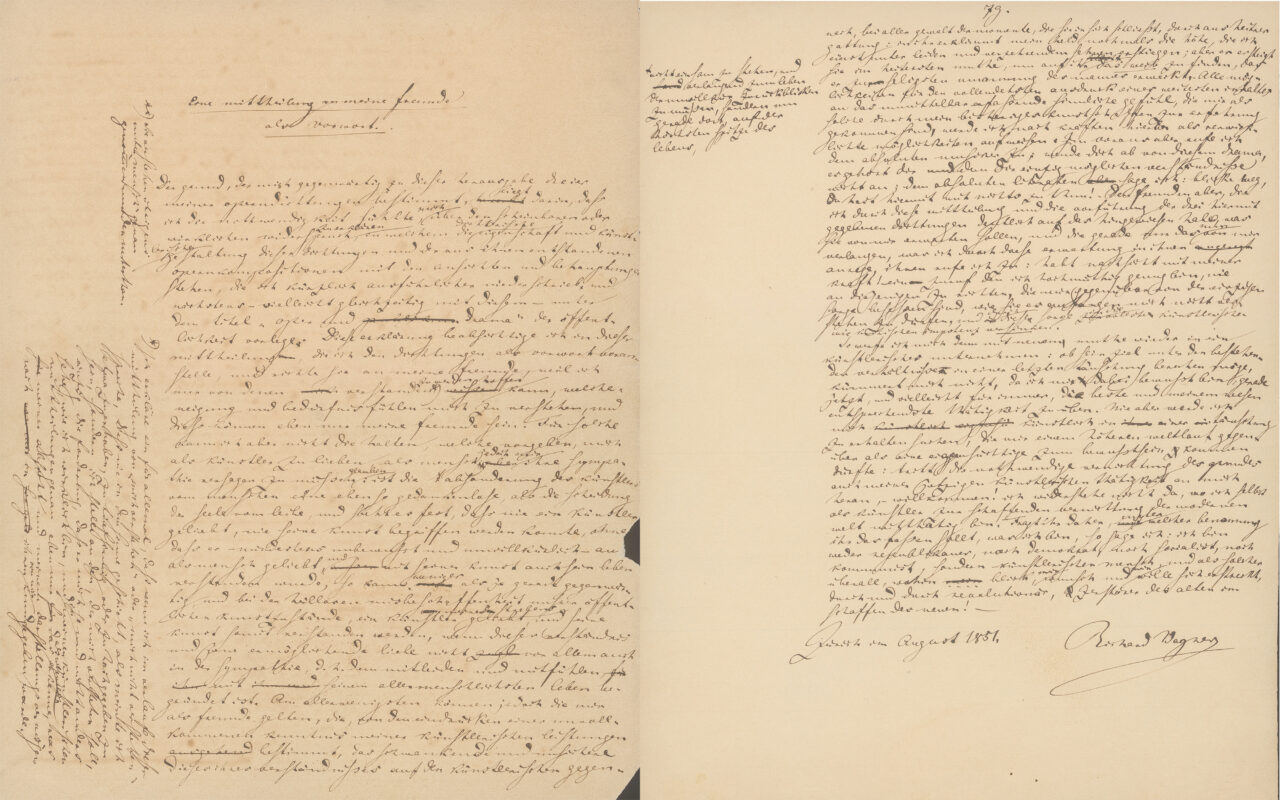Making music strengthens memory
Research by a German-British-Australian team shows: Musical education has a positive effect on the performance of both musical and visual working memory.

The extent to which musical education can also be beneficial for other cognitive abilities or academic performance is a recurring topic of discussion. A team from the Hanover University of Music, Drama and Media, Goldsmiths University of London, Macquarie University in Sydney, the Max Planck Institute for Empirical Aesthetics (MPIEA) in Frankfurt am Main and the University of Cambridge have now approached this question using a new scientific method. The results of the study have been published in the journal "Music Perception".
An essential component for all cognitive abilities is working memory, i.e. the ability to keep things in mind and process them cognitively without external aids such as pen or paper. However, it is still unclear whether working memory functions universally or in specific areas, i.e. whether the brain uses the same areas and capacities for music, images, language or mathematics - or different ones.
In their study, the team examined a total of 148 people. Using six different tests, they compared the test subjects' musical and visual working memory with their level of musical education.
The results show: If musical education influences visual working memory, then it does so via the detour of musical working memory. This means that musical education primarily improves musical working memory, which in turn could have a positive effect on visual working memory. In addition, the tests showed that - conversely - a generally good working memory generally facilitates musical education.
These findings suggest that there is a common cross-domain component that influences both visual and musical working memory. However, a direct link between musical education and general cognitive abilities seems unlikely. Long-term studies comparing the development of musical and cognitive abilities in people with and without musical education could further substantiate these results.
Original publication:
Silas, S., Müllensiefen, D., Gelding, R., Frieler, K. & Harrison, P.M.C. (2022). The Associations Between Music Training, Musical Working Memory, and Visuospatial Working Memory: An Opportunity for Causal Modeling. Music Perception, 39(4): 401-420.
https://doi.org/10.1525/mp.2022.39.4.401







